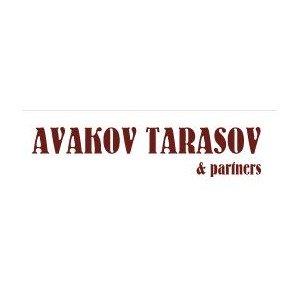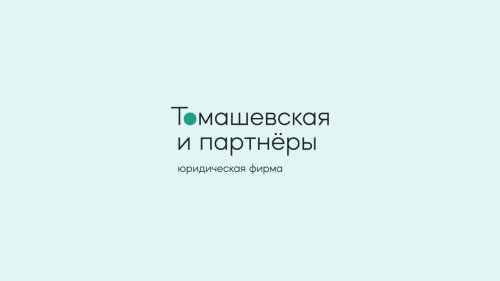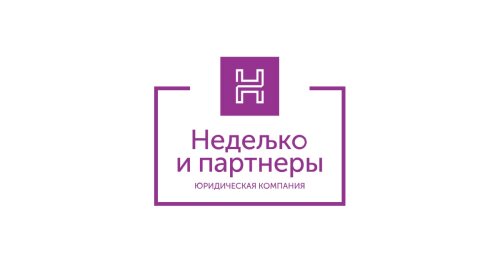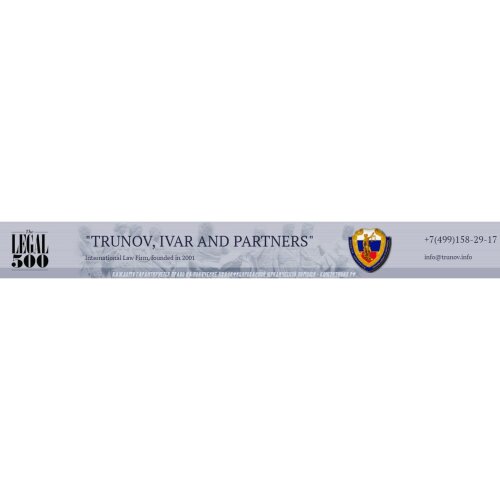Best Patent Lawyers in Russia
Share your needs with us, get contacted by law firms.
Free. Takes 2 min.
Or refine your search by selecting a city:
List of the best lawyers in Russia
About Patent Law in Russia
Patent law in Russia is designed to protect the rights of inventors by granting them exclusive rights to their inventions. This is governed primarily by the Civil Code of the Russian Federation. A patent essentially allows the inventor to exclude others from making, using, or selling the invention without permission. The Russian patent system covers innovations in technical fields, including processes, machines, manufactures, and compositions of matter. To obtain a patent, an invention must be new, involve an inventive step, and be capable of industrial application.
Why You May Need a Lawyer
Navigating the patent landscape can be complex, and you may require legal assistance in situations such as:
- Filing a patent application and ensuring it meets all formal and substantive requirements.
- Conducting comprehensive patent searches to determine the novelty of your invention.
- Handling disputes or infringement cases where your patent rights are challenged or violated.
- Understanding international patent protection if you plan to market your invention in multiple countries.
- Advising on the commercialization of your patent through licensing or sale.
- Assisting with the enforcement of patent rights and representation in legal proceedings.
Local Laws Overview
The Russian patent system primarily operates under the Part IV of the Civil Code of the Russian Federation. Key aspects include:
- A patent grants exclusive rights for up to 20 years from the application filing date.
- Utility models also available with simpler requirements and a shorter term of protection of 10 years.
- Patent applications are examined by the Federal Service for Intellectual Property (Rospatent).
- Russia is part of several international agreements including the Patent Cooperation Treaty (PCT), allowing for streamlined international patent applications.
- Infringement can lead to civil, administrative, or criminal liability depending on the severity.
Frequently Asked Questions
What is the duration of patent protection in Russia?
Patents in Russia are granted for 20 years from the filing date, subject to the payment of annual renewal fees.
Can foreigners apply for patents in Russia?
Yes, foreign individuals and companies can apply for patents, either directly or through the international PCT system.
What can be patented in Russia?
Patentable items include inventions in all fields of technology, provided they are novel, involve an inventive step, and are industrially applicable.
Can software be patented in Russia?
Software as such is not patentable, but inventions that involve a software component may be protected if they provide a technical solution.
How can I enforce my patent rights in Russia?
Enforcement can occur through negotiations, administrative actions, or court proceedings. An attorney can advise on the most effective approach.
Is there a grace period for patent filing in Russia?
Yes, there is a 6-month grace period for public disclosures made by the inventor before filing.
How long does it take to obtain a patent in Russia?
The process typically takes 12 to 24 months, but it may vary depending on the complexity of the invention and backlog at Rospatent.
What are utility models in Russia?
Utility models offer protection for inventions with a lower degree of inventiveness, with a term of 10 years, and a simpler application process.
What is the cost of obtaining a patent in Russia?
The cost includes official fees and professional charges, varying significantly based on the type and complexity of the patent application.
How can I challenge a granted patent in Russia?
Patents can be challenged through administrative procedures at Rospatent or through the judiciary system if disputes arise.
Additional Resources
The following resources may be useful for individuals seeking patent advice in Russia:
- Federal Service for Intellectual Property (Rospatent) - for official guidelines and procedures.
- Russian Chamber of Patent Attorneys - provides access to registered patent attorneys.
- World Intellectual Property Organization (WIPO) - for international filing under the PCT.
Next Steps
If you require legal assistance with patents in Russia, consider the following next steps:
- Consult with a qualified patent attorney to discuss your specific needs and objectives.
- Conduct preliminary research on your invention to assess its novelty.
- Prepare necessary documentation, including detailed descriptions and technical drawings of your invention.
- File a patent application with Rospatent or through the PCT route if seeking international protection.
- Stay informed about the legal proceedings and actively engage in any required deliberations or appeals.
Lawzana helps you find the best lawyers and law firms in Russia through a curated and pre-screened list of qualified legal professionals. Our platform offers rankings and detailed profiles of attorneys and law firms, allowing you to compare based on practice areas, including Patent, experience, and client feedback.
Each profile includes a description of the firm's areas of practice, client reviews, team members and partners, year of establishment, spoken languages, office locations, contact information, social media presence, and any published articles or resources. Most firms on our platform speak English and are experienced in both local and international legal matters.
Get a quote from top-rated law firms in Russia — quickly, securely, and without unnecessary hassle.
Disclaimer:
The information provided on this page is for general informational purposes only and does not constitute legal advice. While we strive to ensure the accuracy and relevance of the content, legal information may change over time, and interpretations of the law can vary. You should always consult with a qualified legal professional for advice specific to your situation.
We disclaim all liability for actions taken or not taken based on the content of this page. If you believe any information is incorrect or outdated, please contact us, and we will review and update it where appropriate.
Browse patent law firms by city in Russia
Refine your search by selecting a city.

















